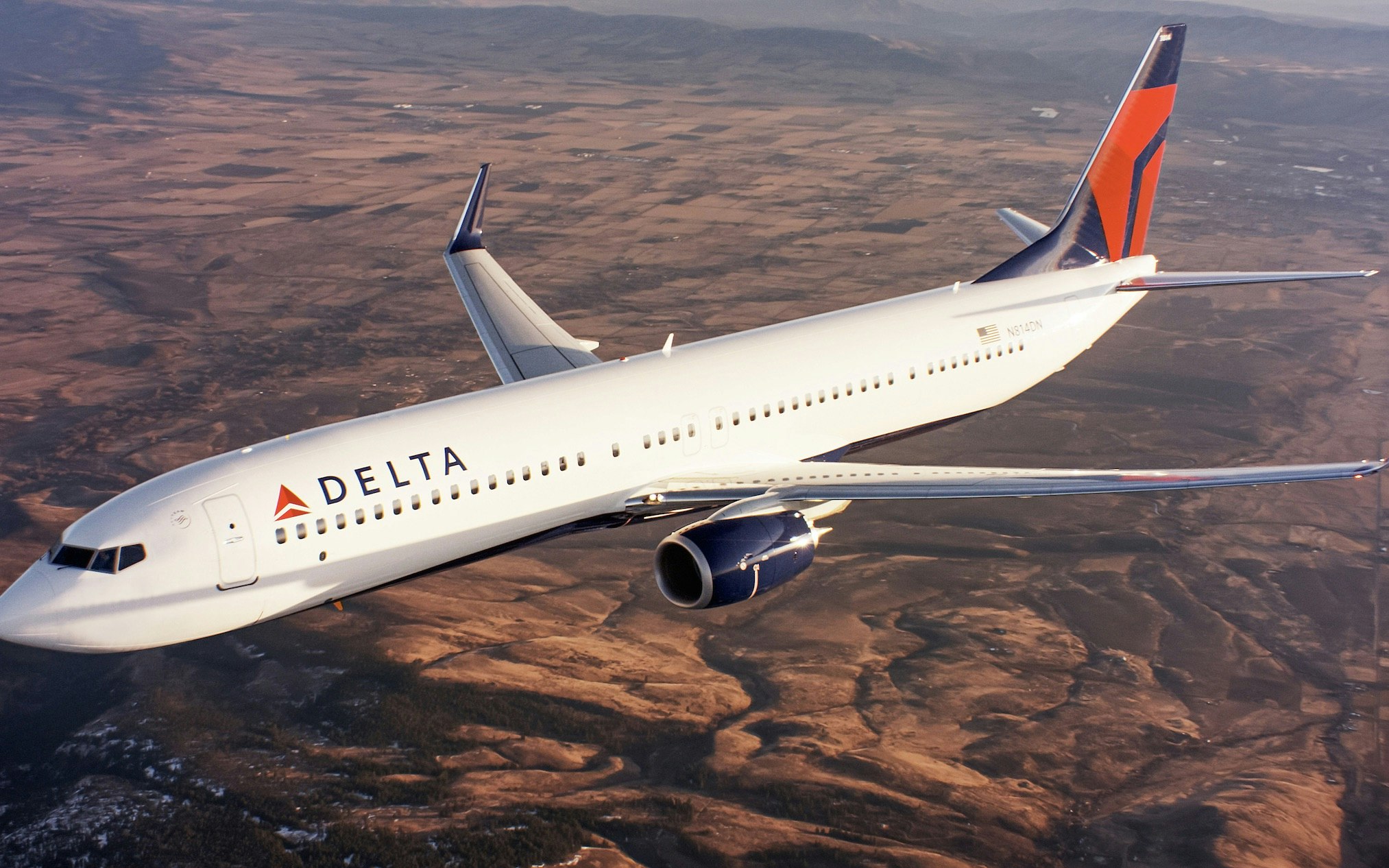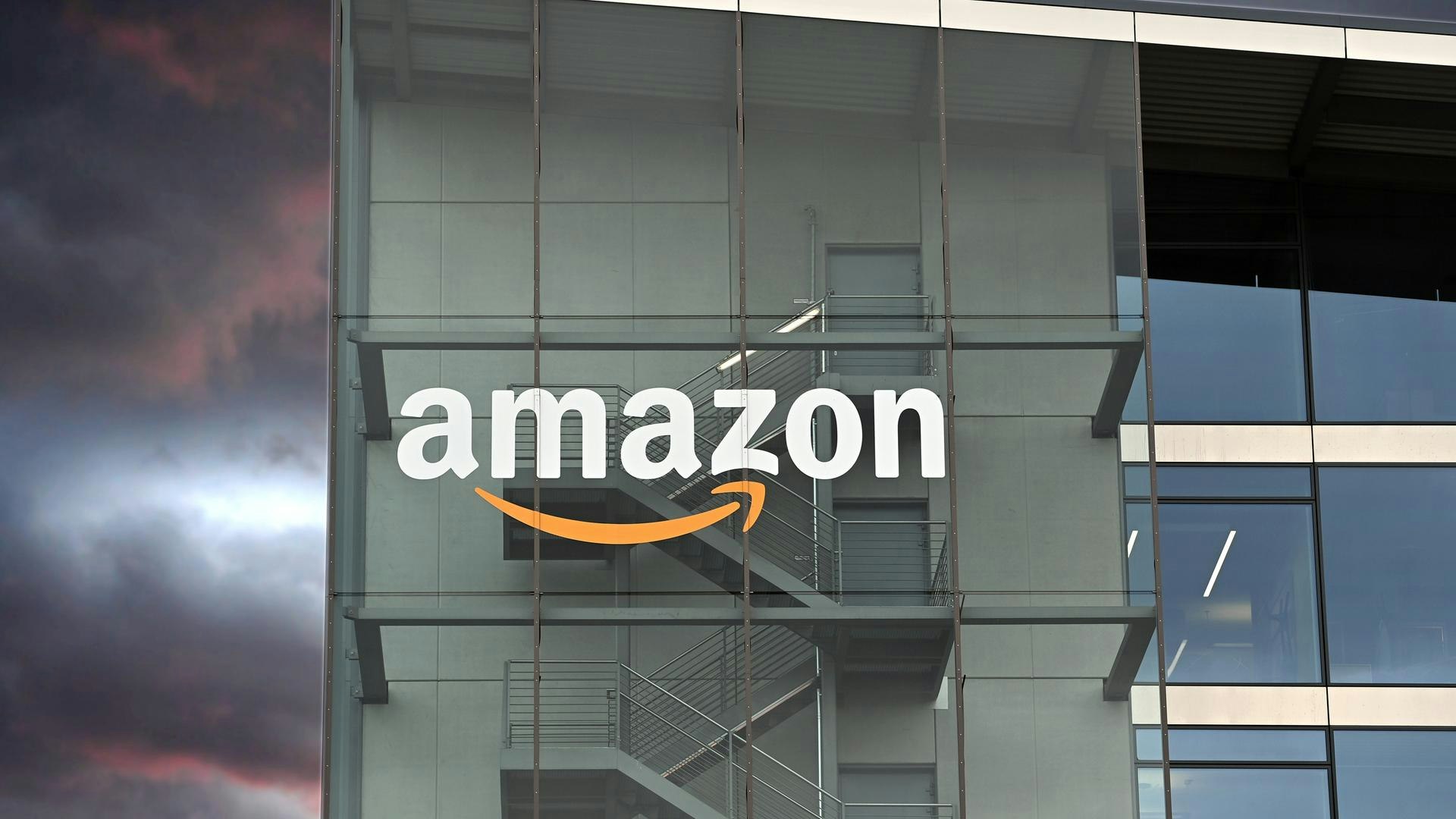Delta Air Lines has drastically lowered its revenue and profit expectations for the first quarter, citing declining consumer sentiment due to economic uncertainties. The announcement caused the airline's stock to plummet by more than 12 percent in after-hours trading.
The profit warning from Monday stands in stark contrast to the optimistic forecast from January. At that time, Delta had still spoken of robust demand for premium seats and projected a record year, unlike competitors such as United Airlines and American Airlines.
Now the airline only expects revenue growth of 3 to 4 percent, significantly less than the originally projected 7 to 9 percent. Earnings per share are expected to be between 30 and 50 cents, after a previous estimate of 70 cents to 1 dollar.
Delta justified the revision with a "noticeable decline in consumer and business confidence due to macroeconomic uncertainties." Analysts see a connection with the tariffs imposed by Donald Trump, which are weighing on economic confidence and thus demand. On Monday, US stock prices fell significantly after several banks lowered their economic forecasts.
The aviation industry is considered a leading indicator of economic development. According to JPMorgan analyst Jamie Baker, many North American airlines have lost their share gains of recent months. He cites growing investor concerns about consumer sentiment, increasing domestic flight capacities, and reduced government travel activity.
Delta is traditionally considered more profitable than its competitors. In 2024, the airline achieved a net profit of 3.5 billion dollars, compared to 3.1 billion dollars at United Airlines and 846 million dollars at American Airlines.
As recently as January, CEO Ed Bastian painted an optimistic picture: "The year 2025 is off to a great start, we are on track for our best financial year." Now, however, he conceded: "Companies are cutting back on spending, investments are stagnating - and consumers are avoiding uncertainties.
Despite the profit warning, Delta maintains positive growth trends in the premium, international, and loyalty business, seeing a long-term stabilization of revenue in them.







